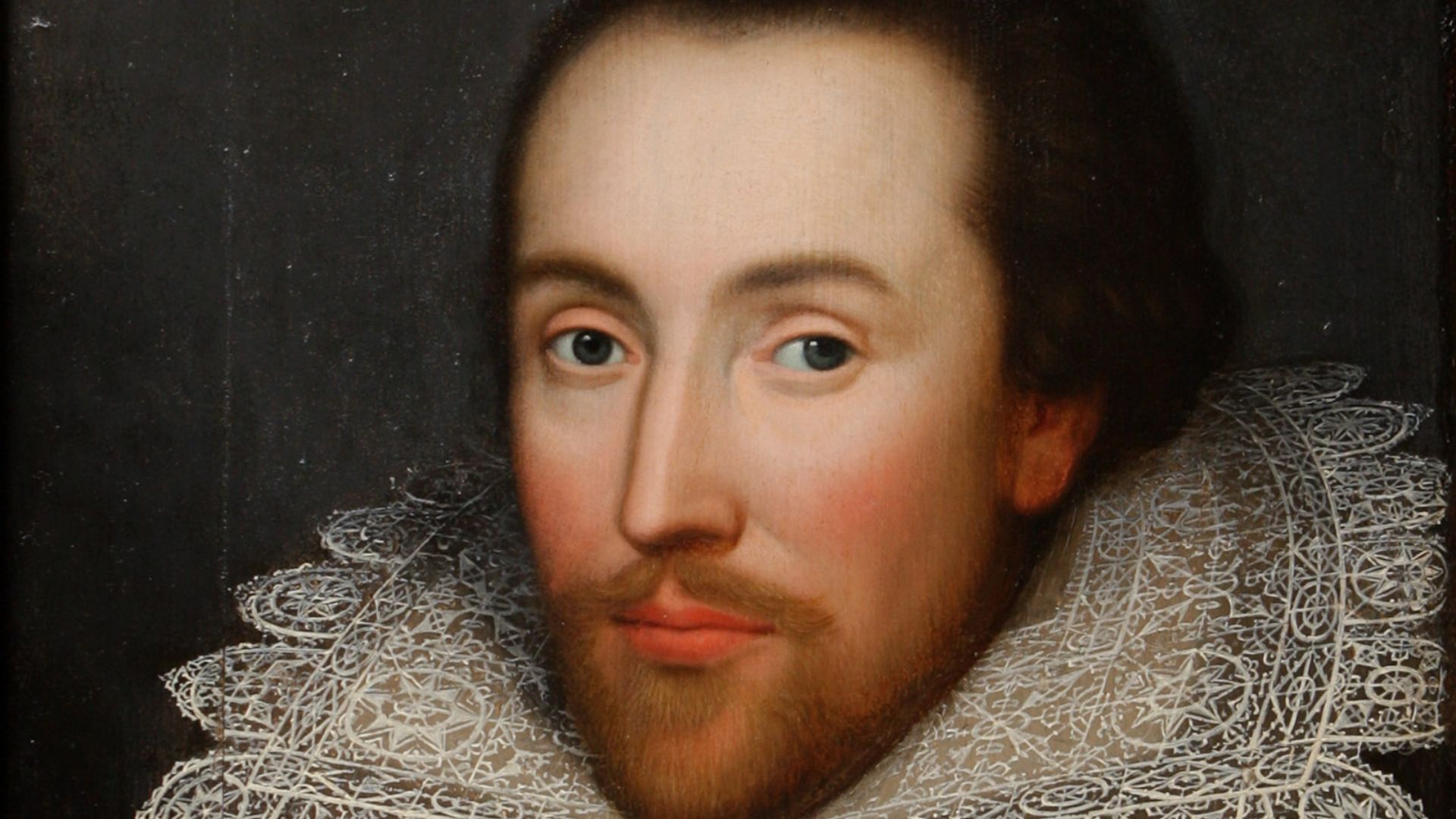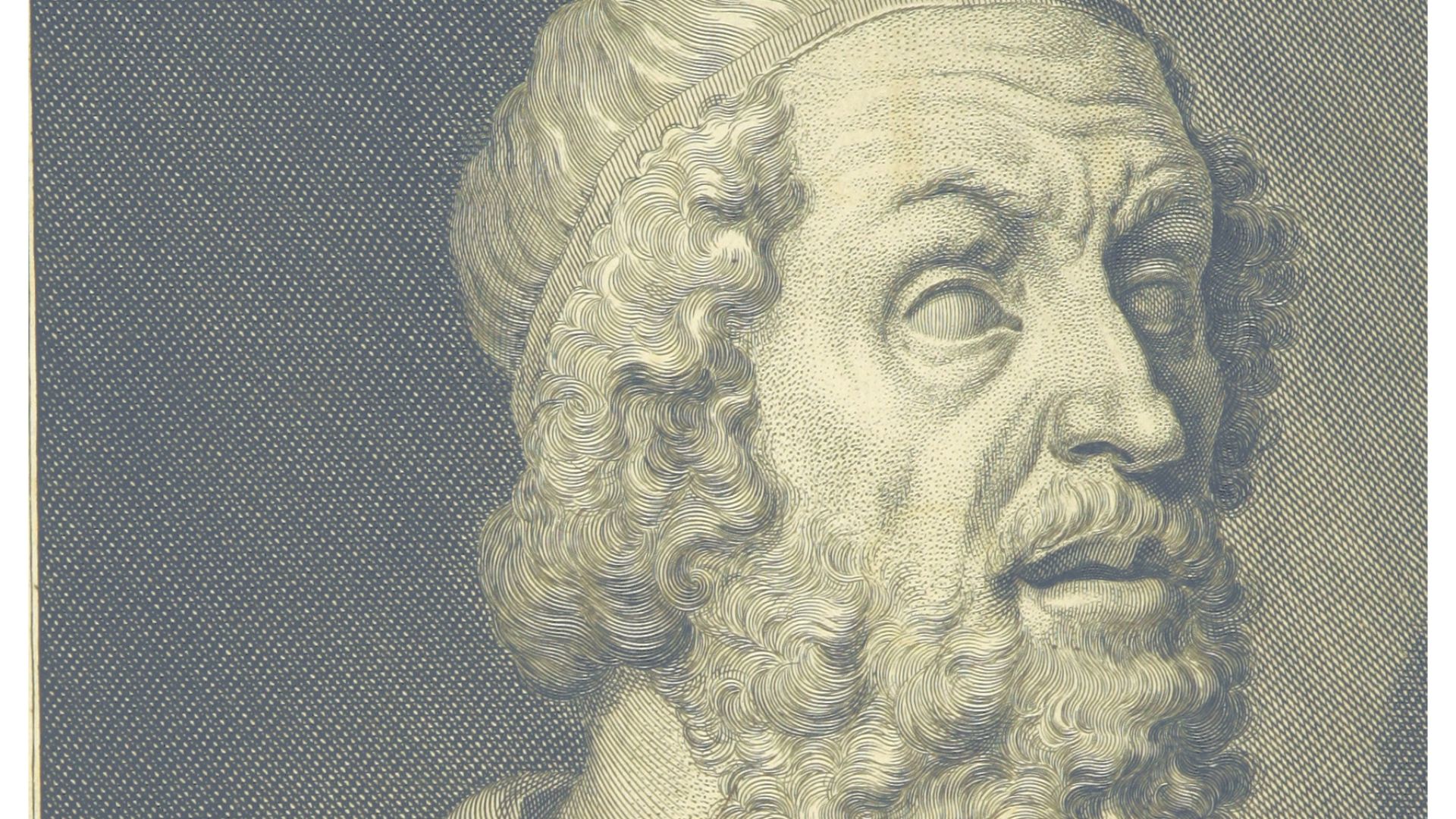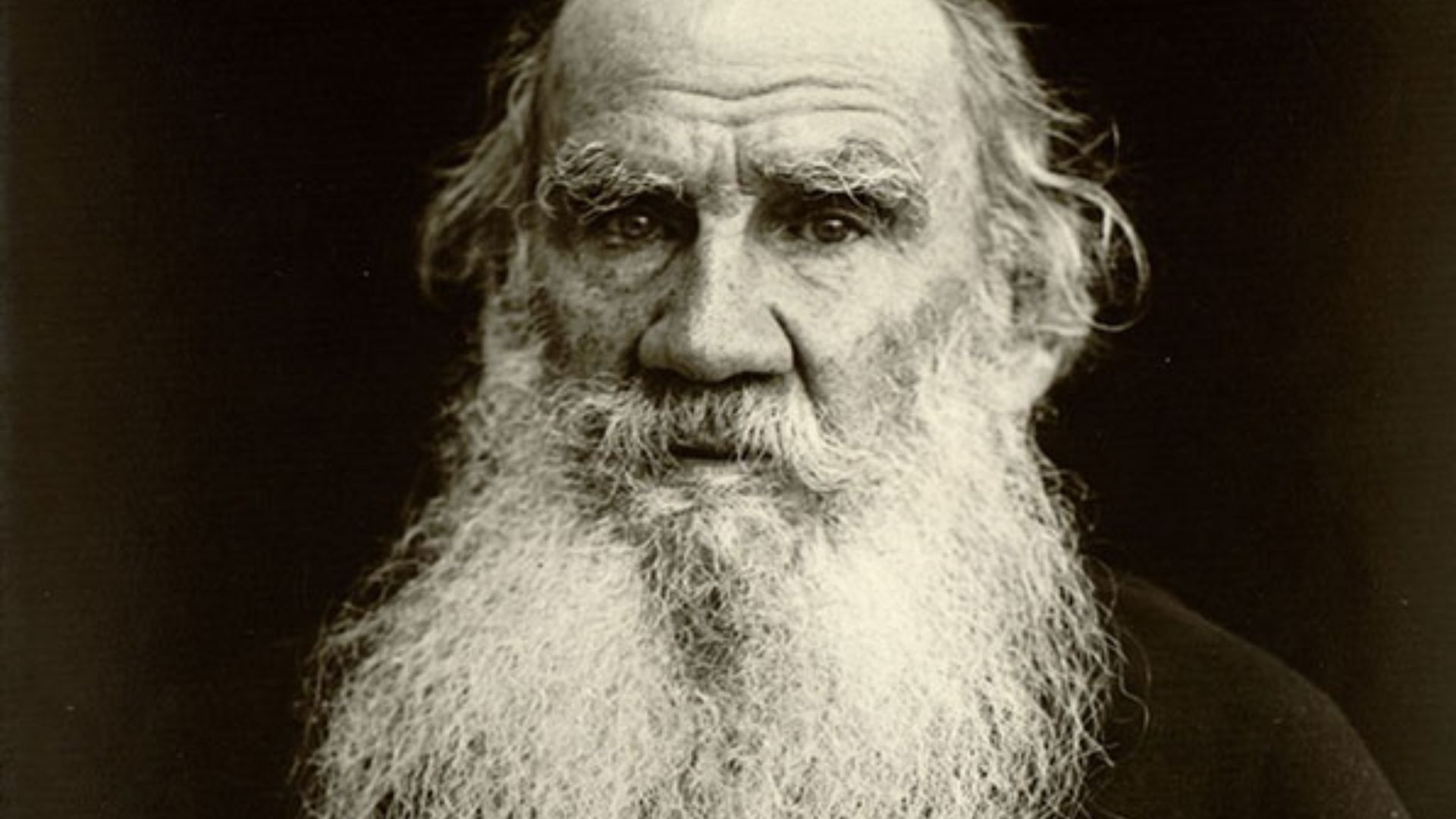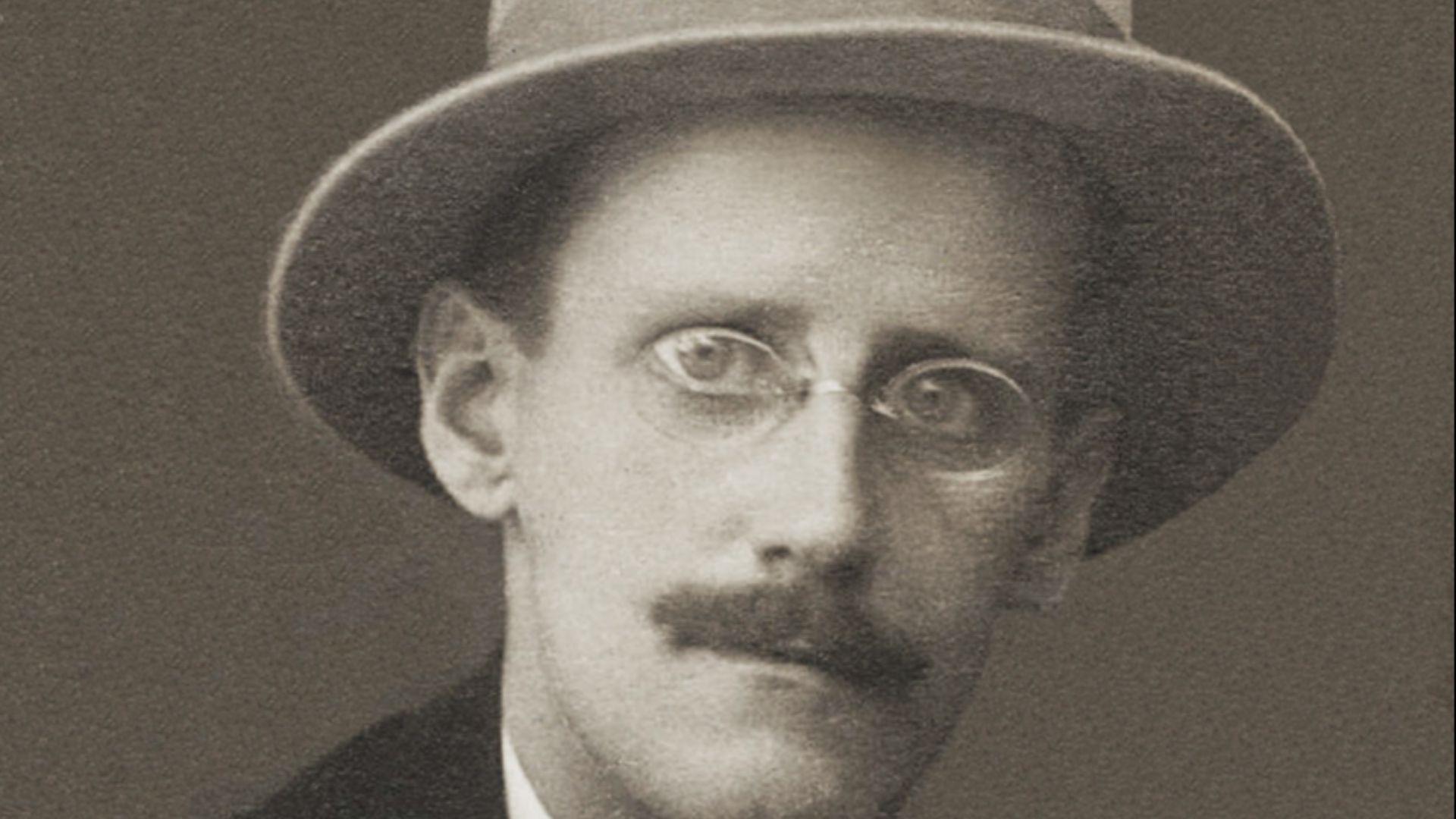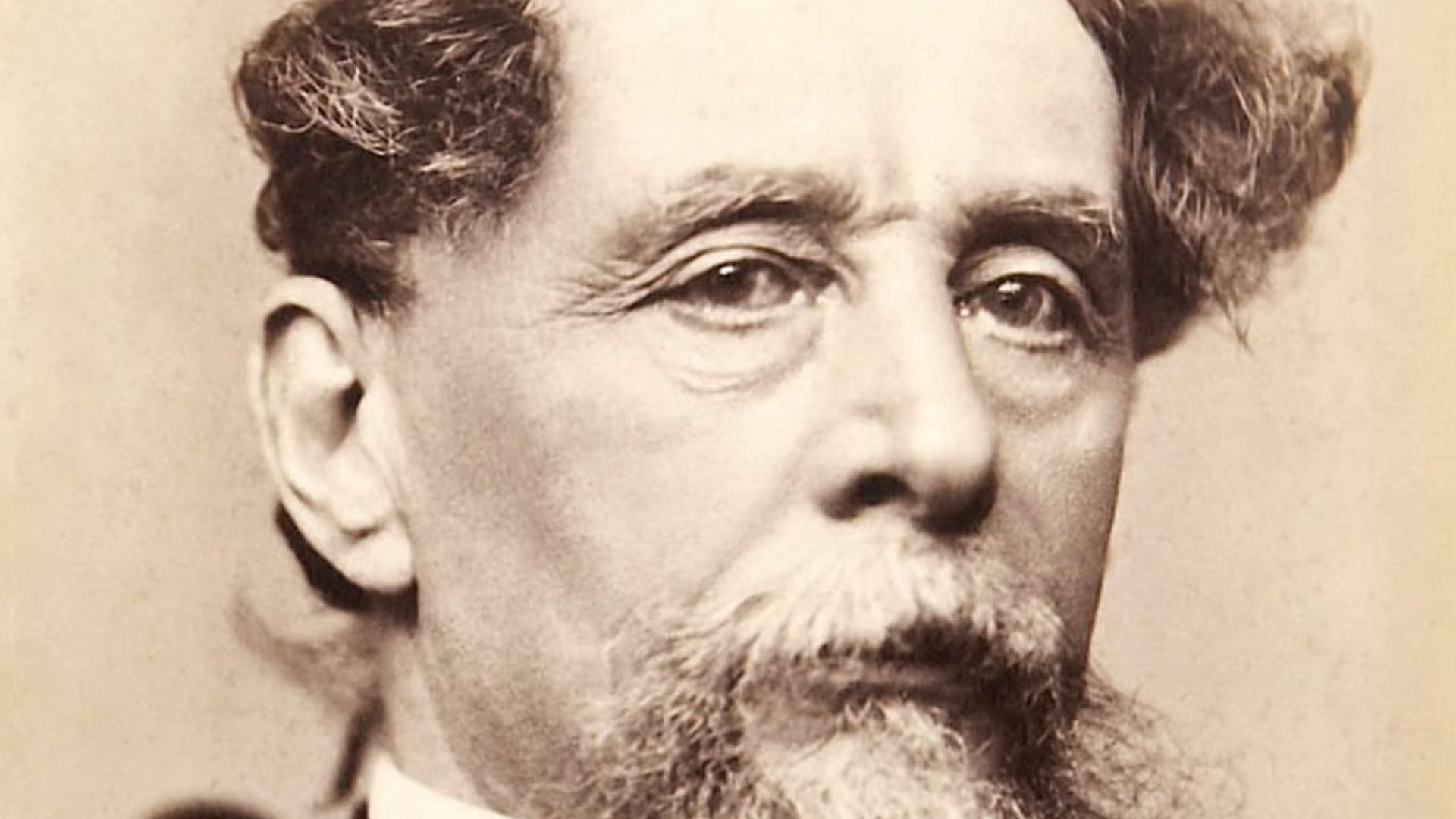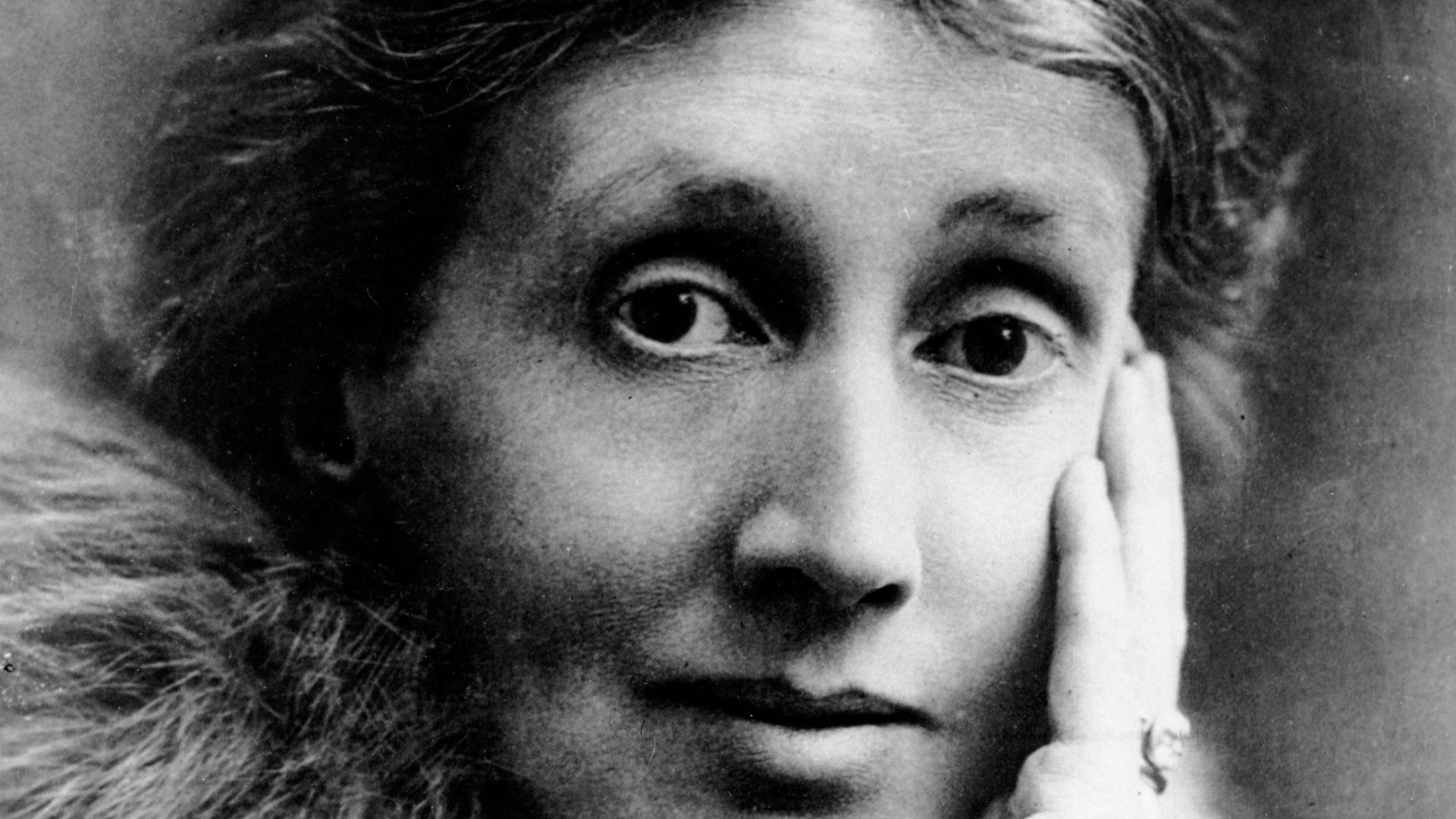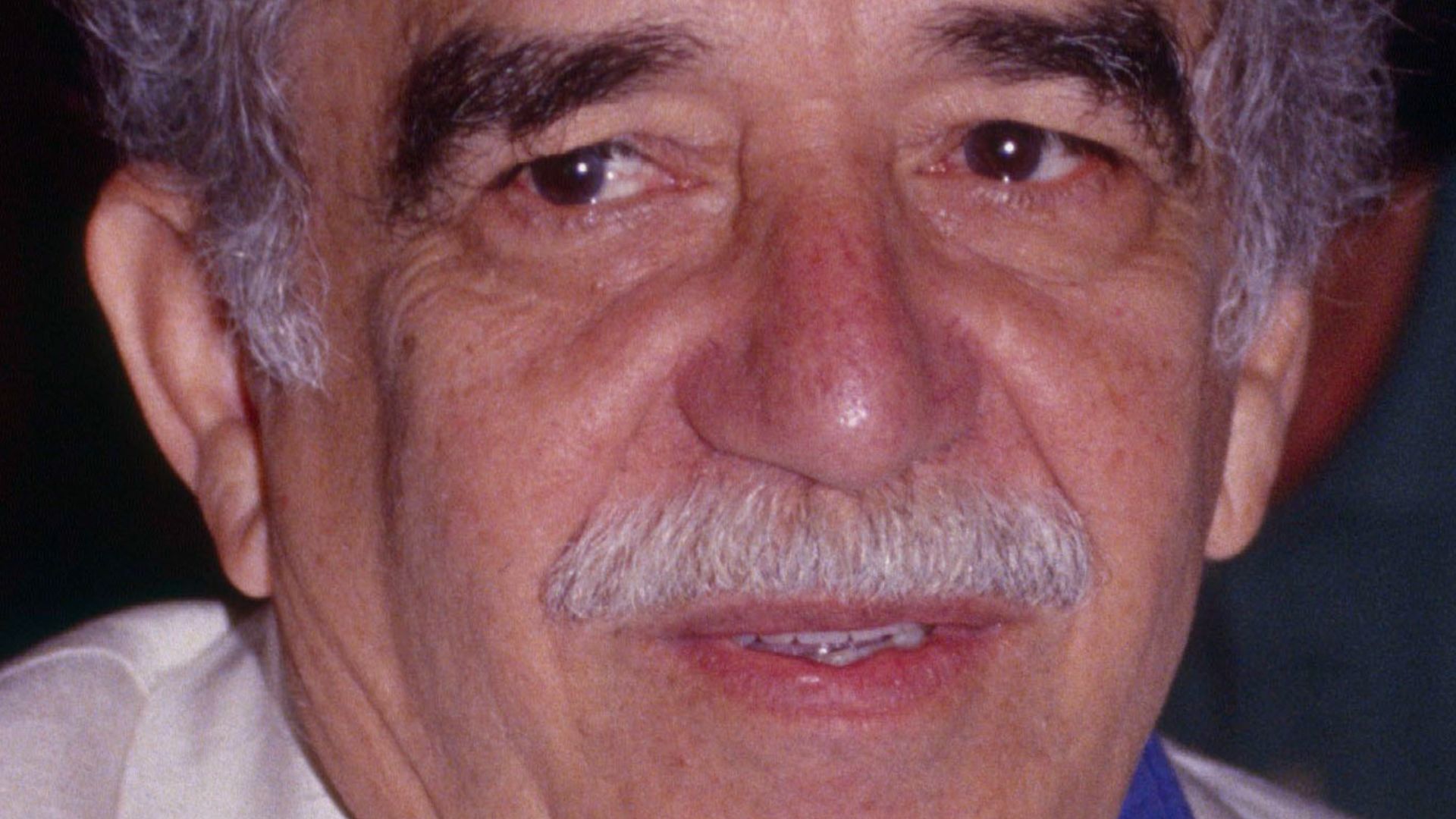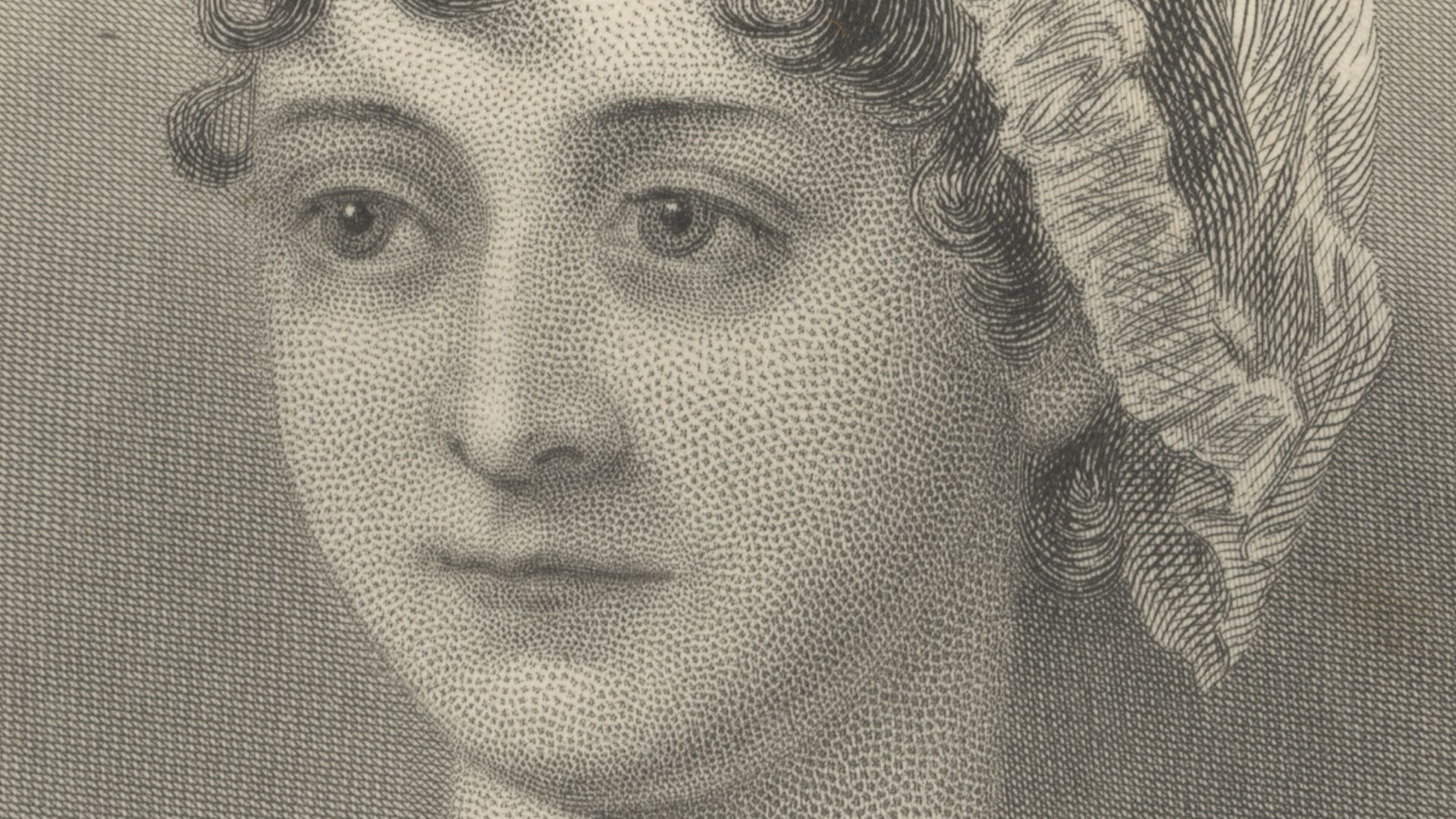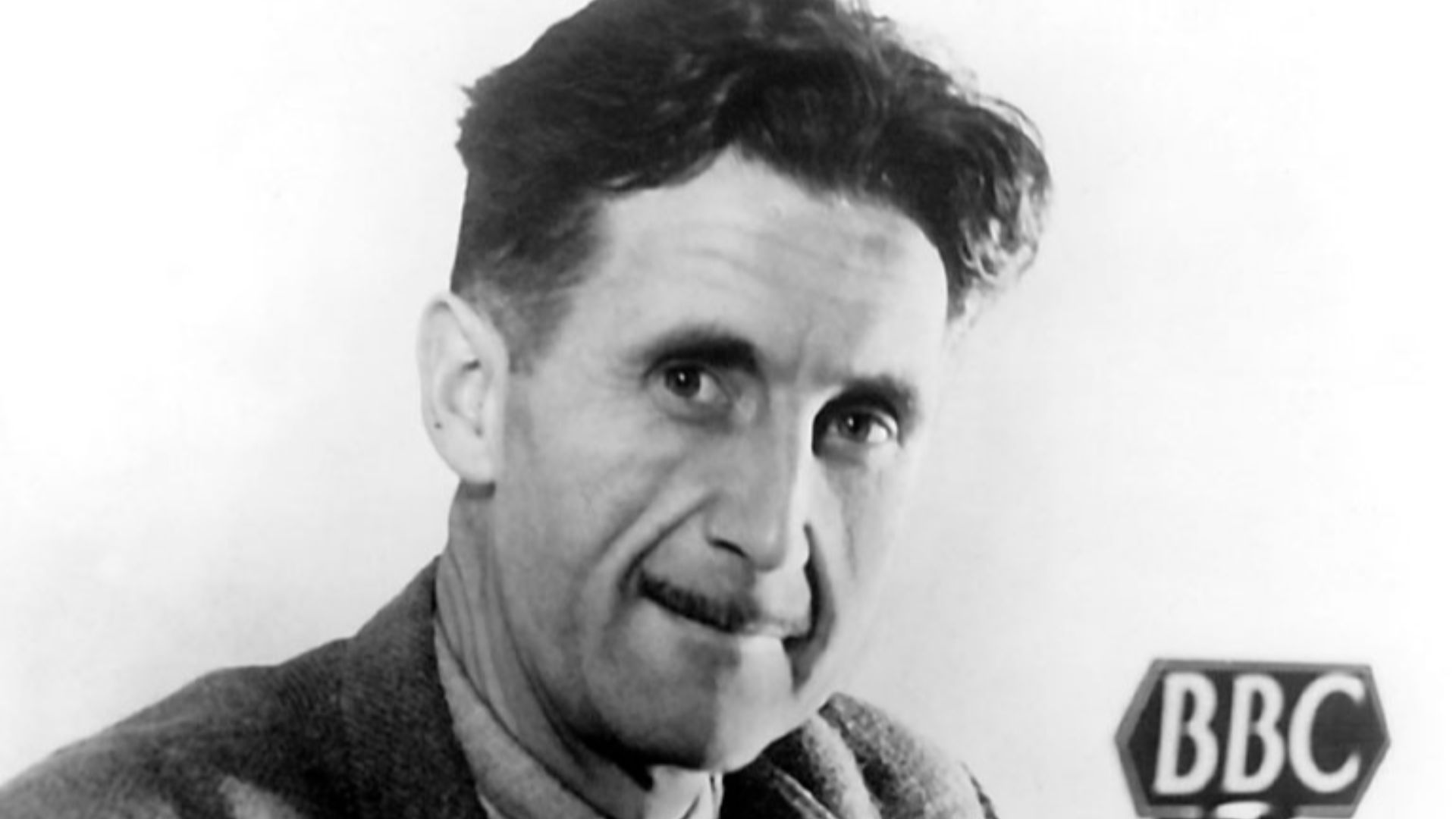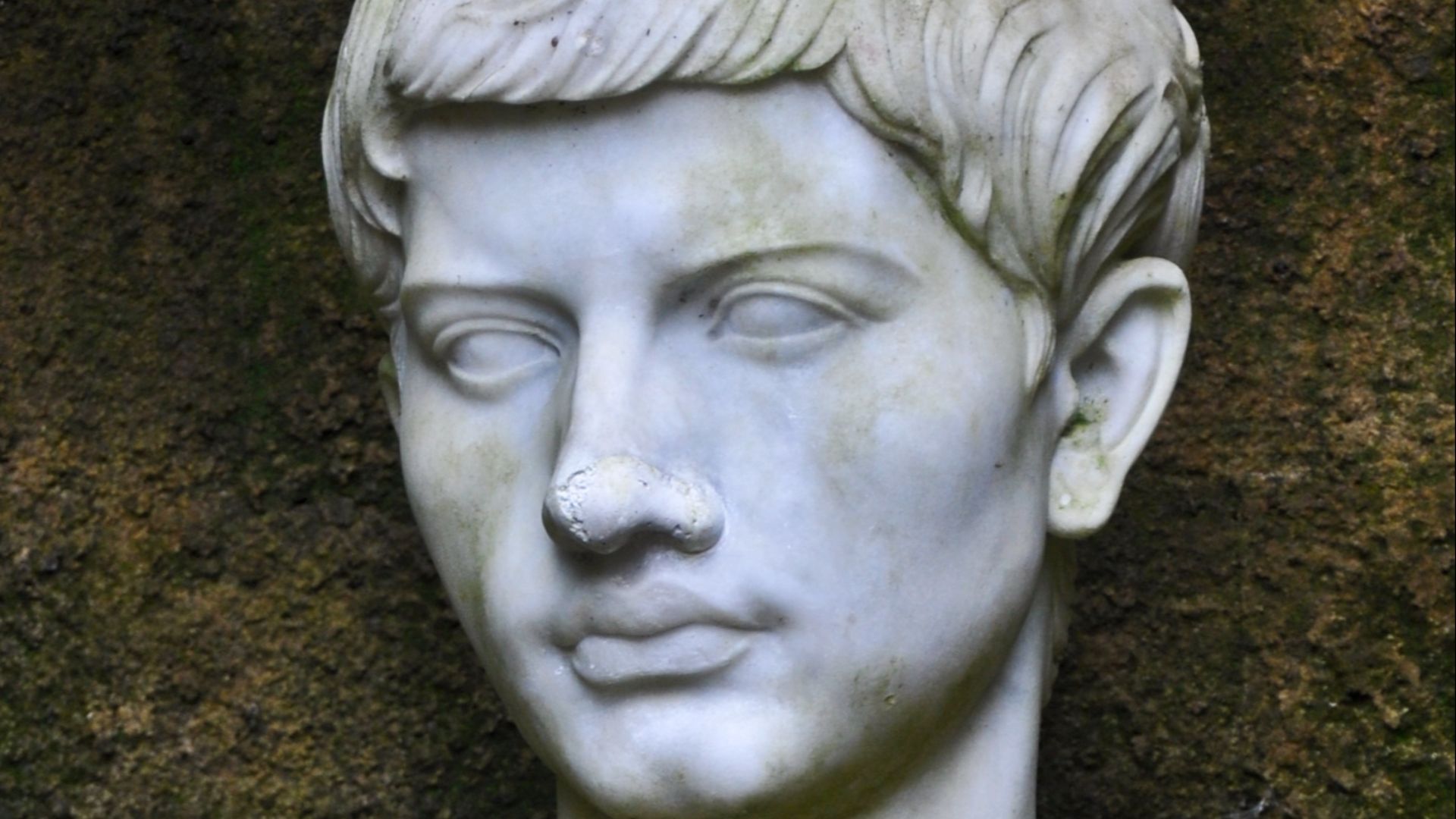The Pen is Mightier than the Sword!
History is not only characterized by the rise and fall of empires, but by the quiet revolutions sparked by the power of the pen. Words change the way people think and feel, toppling long-held assumptions regarding truth, justice, and morality. The writers on this list are featured not simply because they are talented, but because they took their unique historical perspective and sculpted it into a cogent piece of writing in a manner that pushed the boundaries of their day. Some were famous during their lifetimes, sparking entire philosophical movements, while others died in obscurity, but each provoked readers to reimagine their place in the human story.
1. William Shakespeare
Known simply as The Bard, Shakespeare is arguably the most influential playwright in English literature, and it is no surprise that he is first on our list. His masterpieces explore human nature, tragedy, and comedy through the dramatic dialogues of his complex written characters. His soliloquies and poetic choices have shaped modern language and storytelling for centuries.
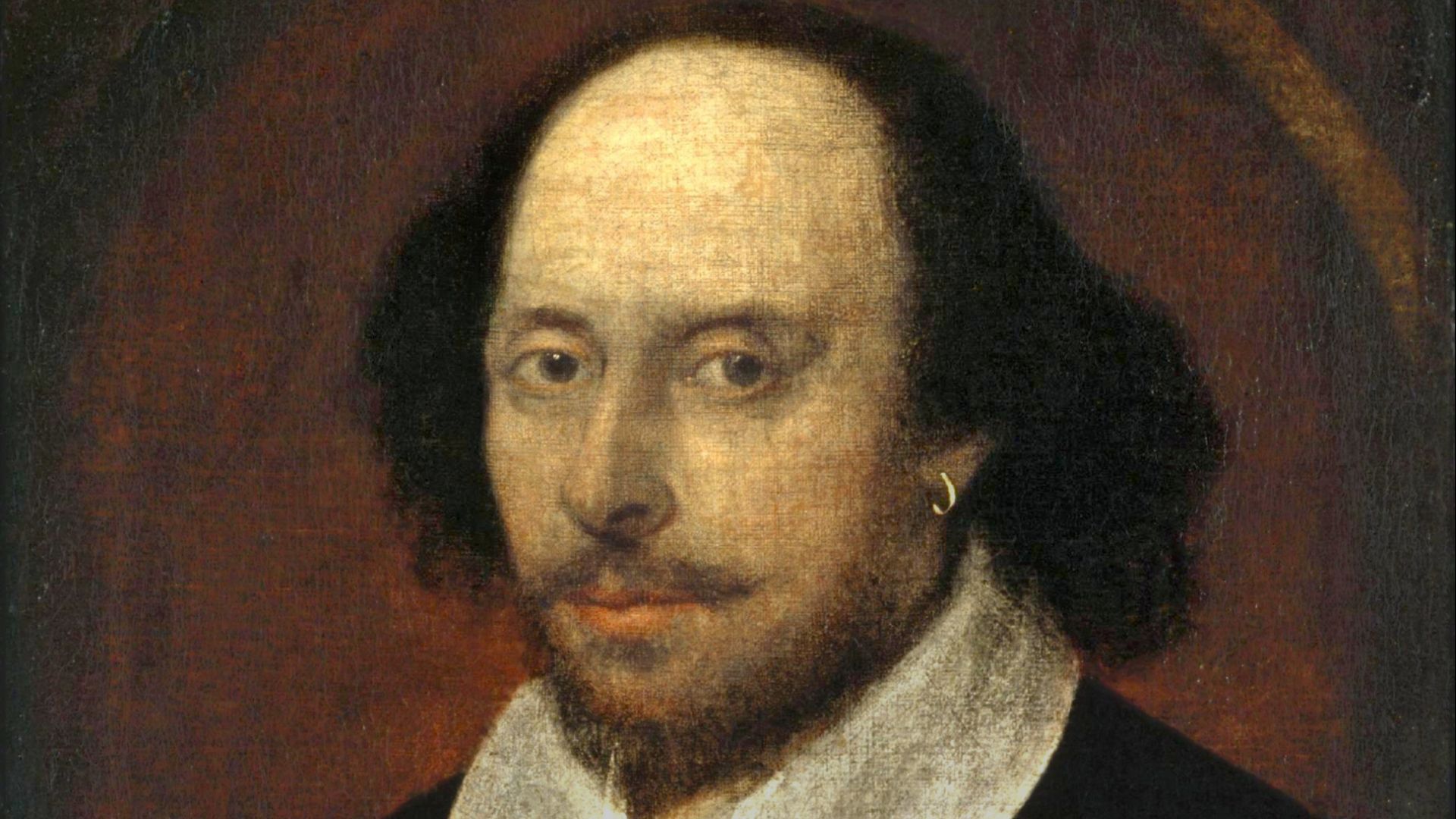 Attributed to John Taylor on Wikimedia
Attributed to John Taylor on Wikimedia
2. Homer
This ancient and reputedly blind Greek poet is credited with writing the epic poems The Iliad and The Odyssey, both of which serve as the cornerstones of Western literature’s epic storytelling tradition. Interweaving themes of heroism, fate, and the gods’ role in shaping humanity’s fortunes, Homer's works have inspired countless adaptations in literature, art, and film.
3. Dante Alighieri
This Italian poet is best known for The Divine Comedy, a monumental allegorical journey through Hell, Purgatory, and Paradise that blends classical literature with medieval Christian theology. His masterpiece helped standardize the Italian language, influencing Renaissance humanism with its themes of morality, redemption, and the epochal spiritual journey of the human soul.
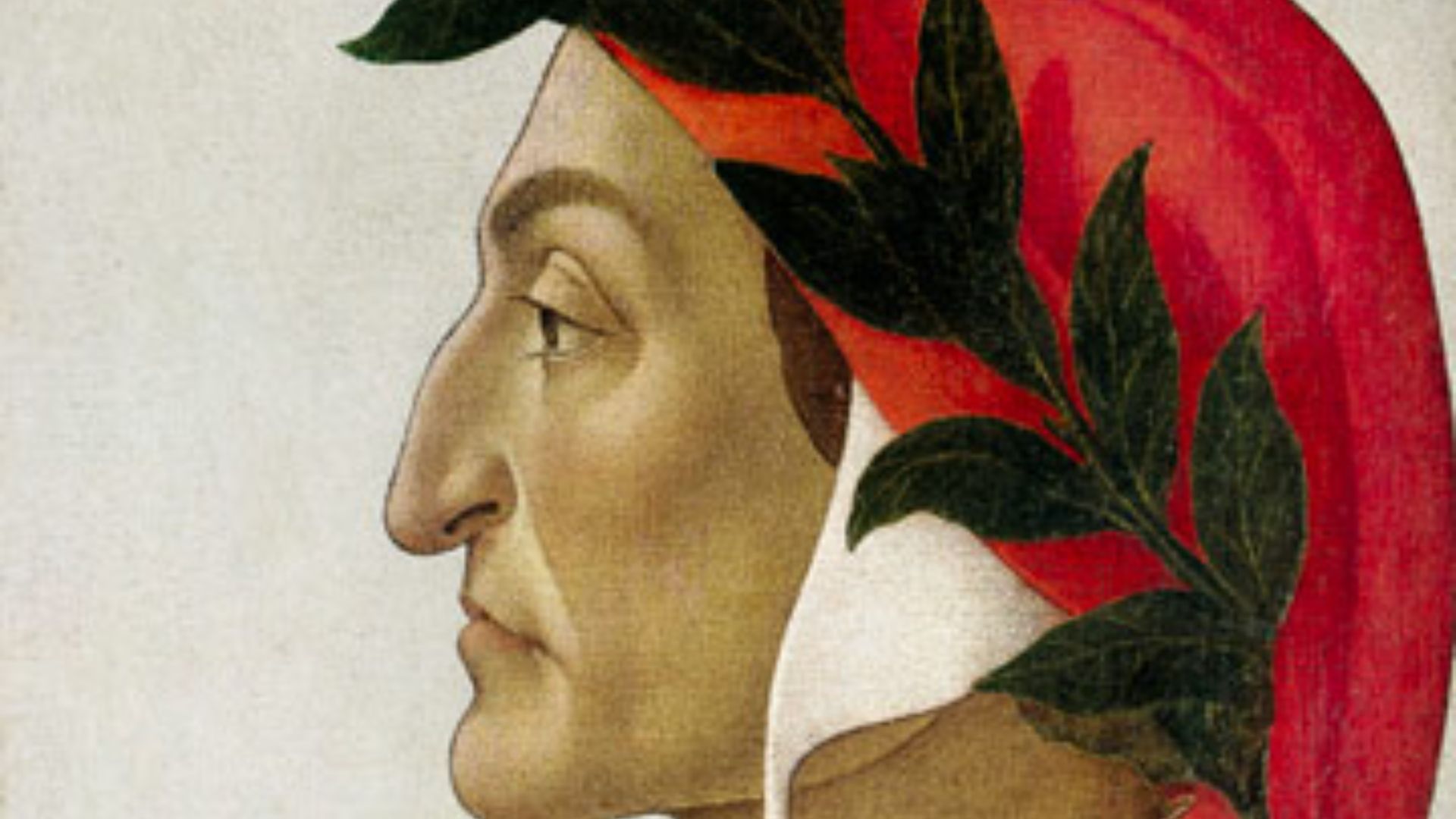 Sandro Botticelli on Wikimedia
Sandro Botticelli on Wikimedia
4. Leo Tolstoy
A Russian novelist and moral philosopher, his major works include the hefty tomes War and Peace and Anna Karenina, both of which explore themes of war, love, faith, and social justice. Tolstoy's countercultural ideas on nonviolence would go on to influence global figures like Gandhi and Martin Luther King Jr. in their respective efforts to secure civil reforms within their societies.
5. Johann Wolfgang von Goethe
This German polymath went on to write Faust and The Sorrows of Young Werther. His works combined poetry, drama, science, and philosophy, delving into the interplay between human individualism and the natural world. His ideas helped contribute significantly to the Weimar Classicism movement in Germany.
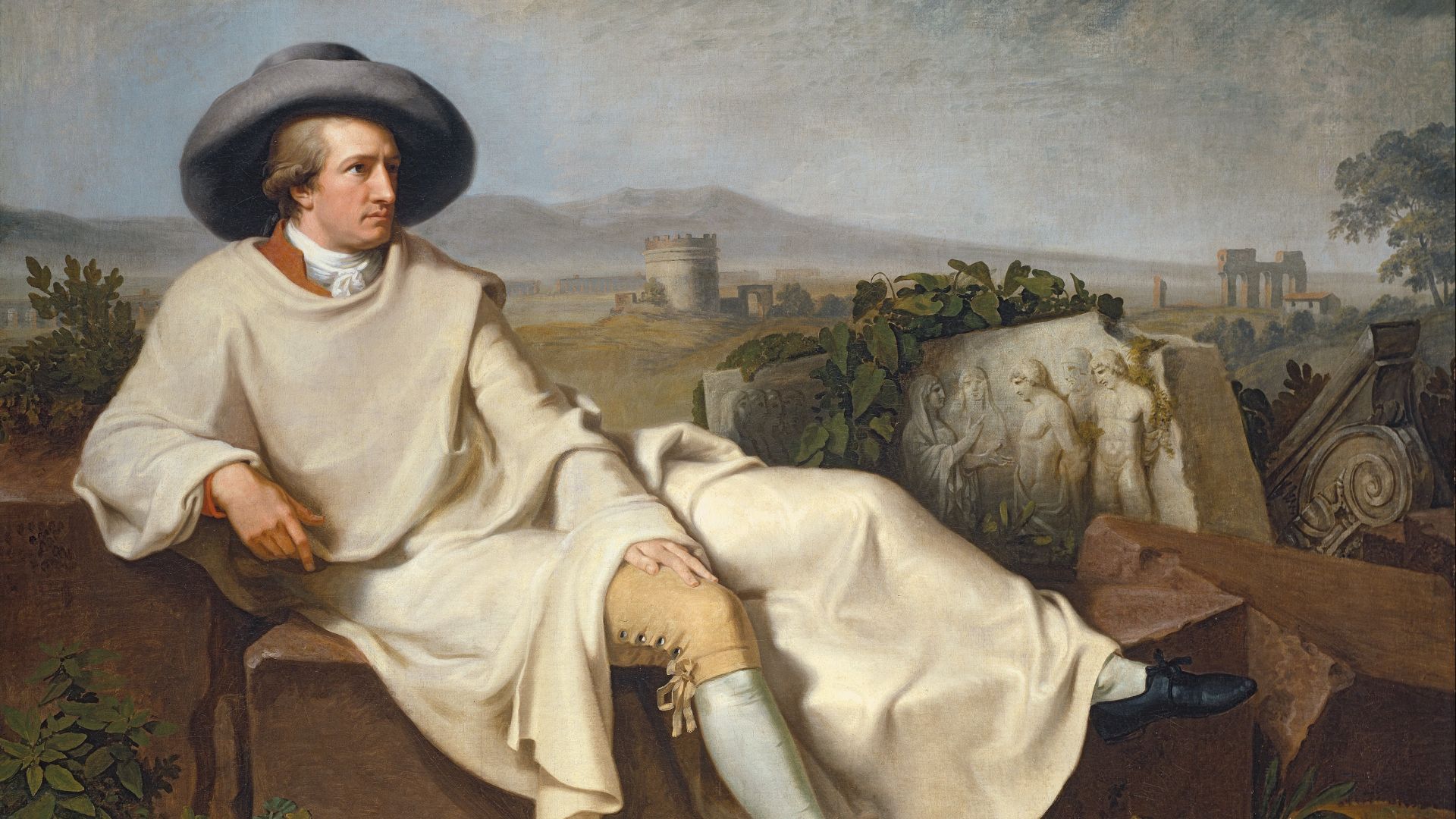 Johann Heinrich Wilhelm Tischbein on Wikimedia
Johann Heinrich Wilhelm Tischbein on Wikimedia
6. Miguel de Cervantes
The Spanish author of Don Quijote, Cervantes is often cited as the author of the first modern novel. His narrative techniques, including the use of an unreliable narrator, were groundbreaking at the time and helped influence novel structure and character development for centuries.
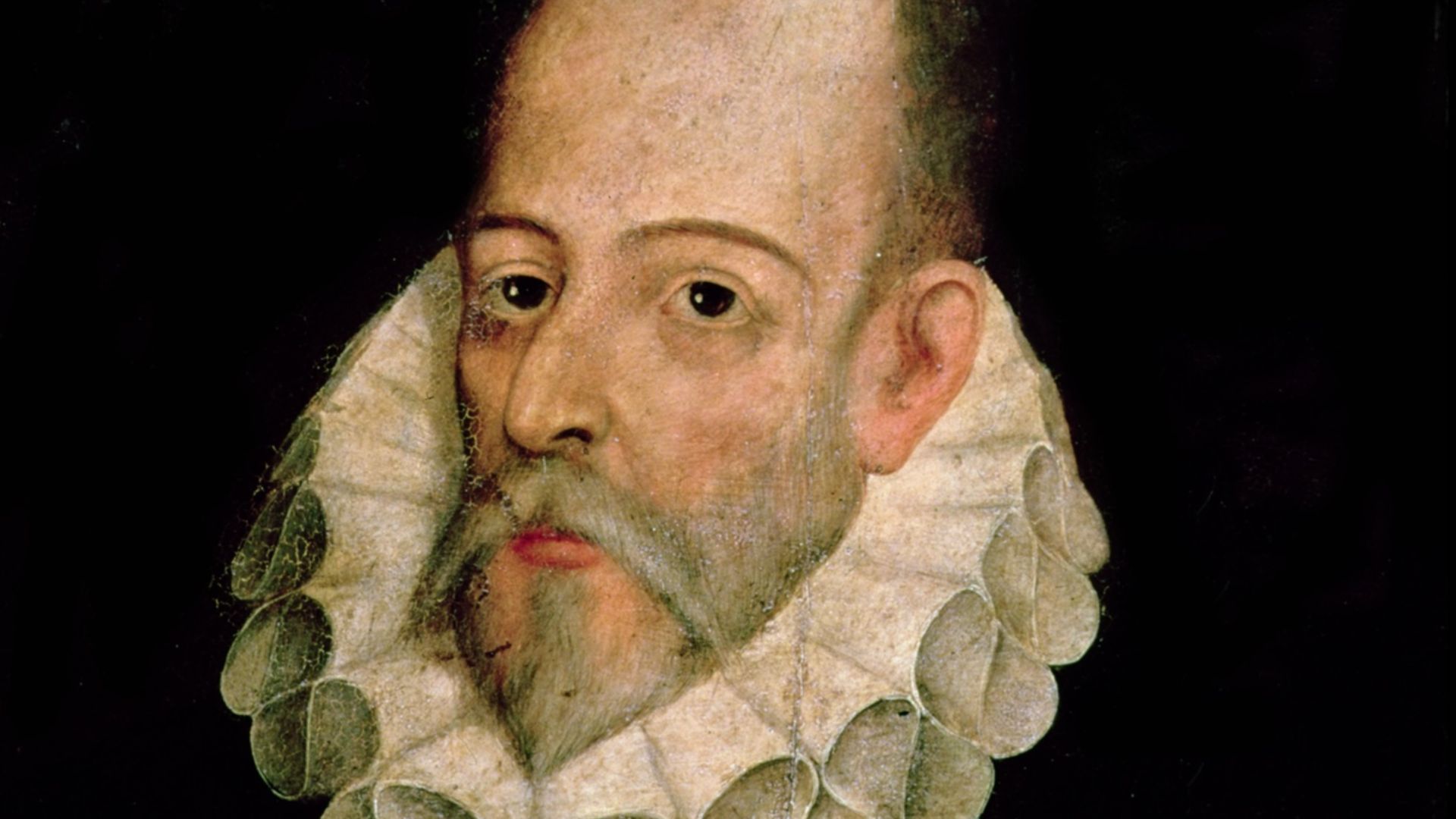 Attributed to Juan de Jáuregui on Wikimedia
Attributed to Juan de Jáuregui on Wikimedia
7. James Joyce
This Irish modernist writer is famous for penning Ulysses, Dubliners, and A Portrait of the Artist as a Young Man, which explored themes of identity, time, and the elevation of the mundane aspects of life to cosmic significance. His stream-of-consciousness style and experimental narration were innovative and challenged traditional writing techniques.
8. Charles Dickens
A master storyteller with a flair for fiction, vivid dialogue, and biting social commentary, Dickens is responsible for creating some of the most memorable characters in English literature. In his works Great Expectations, Oliver Twist, and A Tale of Two Cities, he exposed social injustices and the plight of the impoverished members of Victorian England.
9. Virginia Woolf
A key figure in modernist feminist literary criticism, her prominent works include Mrs. Dalloway, To the Lighthouse, and A Room of One’s Own. Her innovative stream-of-consciousness technique and evocative prosaic language explored the impact of gender roles and the inescapable forward march of time.
10. Franz Kafka
This German-speaking Bohemian writer is best known for the surrealist works The Metamorphosis, The Trial, and The Castle, in which he used absurdist scenarios—such as a man transforming into a giant beetle—to expound upon themes of alienation, bureaucratic ineptitude, and existential anxiety. His works inspired the enduring term “Kafkaesque” to describe an oppressive, illogical situation.
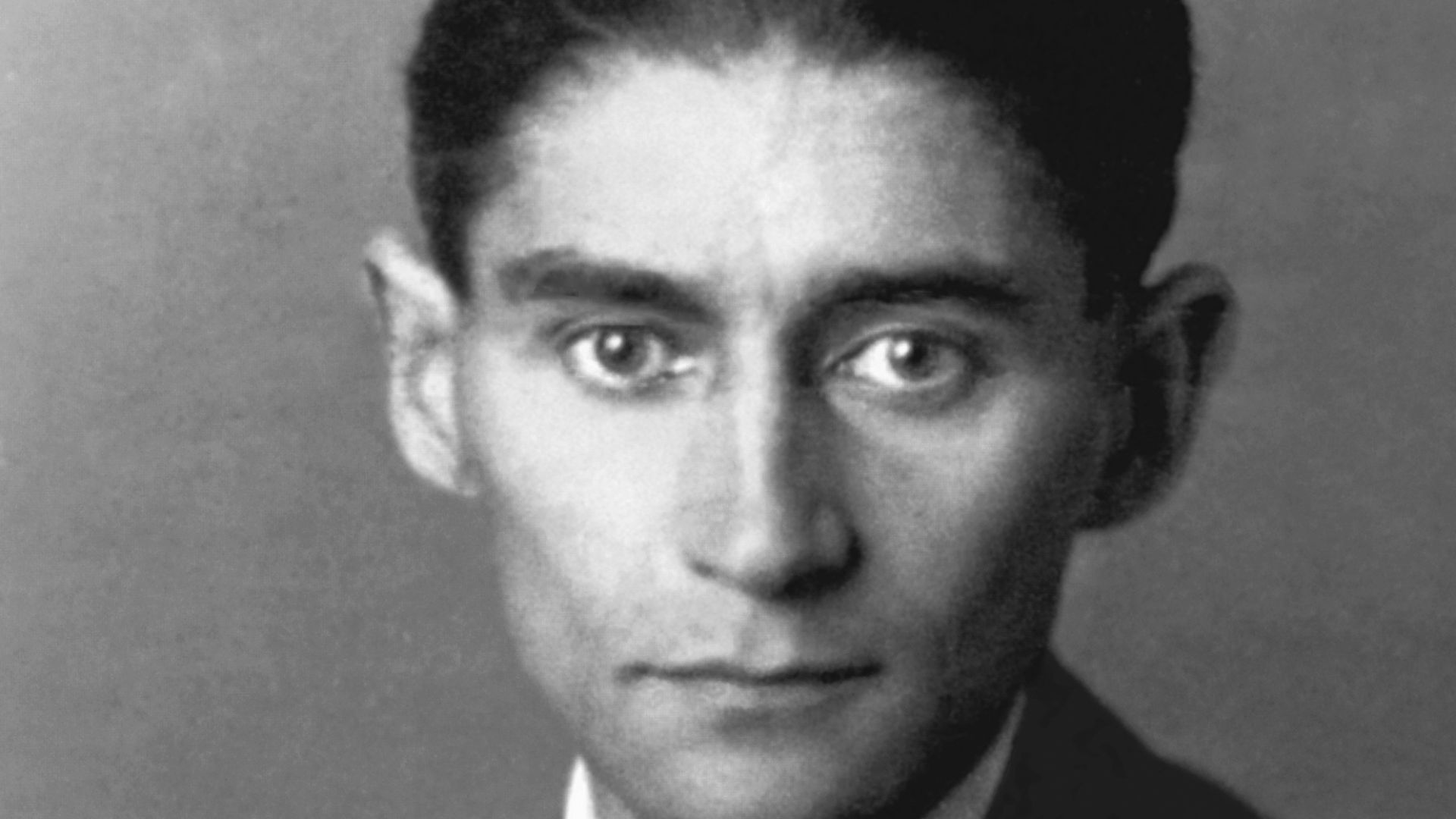 Unknown authorUnknown author on Wikimedia
Unknown authorUnknown author on Wikimedia
11. Gabriel García Márquez
This Colombian novelist was a central figure in the creation of magical realism, a style of writing where seemingly impossible occurrences are treated as mundane, everyday events. A woman of ethereal beauty floats away while doing laundry; another is constantly trailed by a flock of yellow butterflies. As a Nobel Prize winner, he elevated Latin American literature to global prominence.
12. Jane Austen
This English novelist is best known for her sharp social commentary, timeless characters, and clever romantic dialogue in works like Pride and Prejudice, Emma, and Sense and Sensibility. A master of irony and character-driven narratives, her influence extends to modern feminist literature, and her novels have been the subject of a great many modern film adaptations.
13. Mark Twain
An American author and humorist known for his vernacular writing and satirical wit, Twain famously penned The Adventures of Tom Sawyer and Adventures of Huckleberry Finn. As a pioneer of American literary realism and regionalism, his social critiques on racism, classism, and hypocrisy elevated his voice to a central role in shaping the American cultural identity.
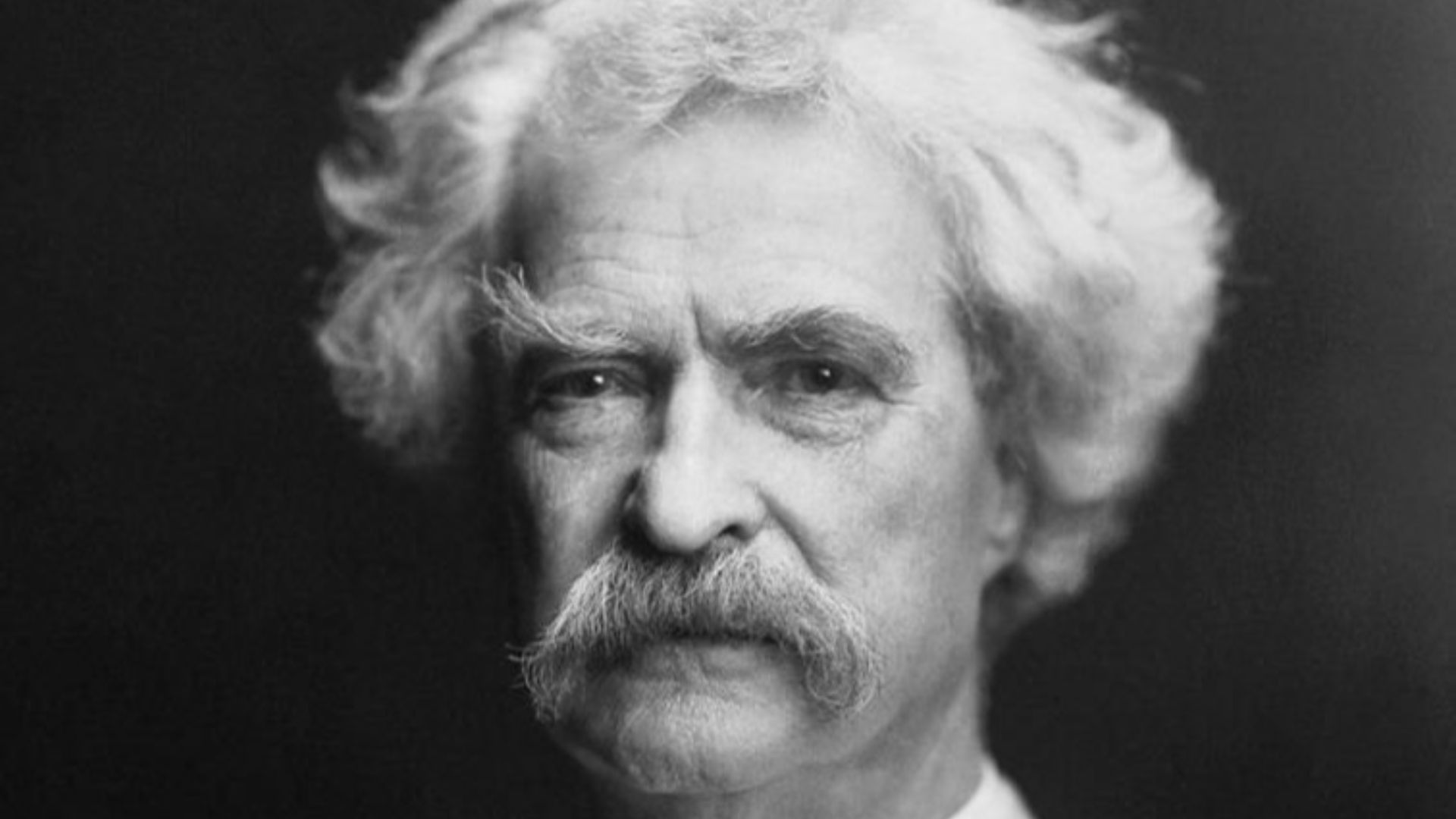 A.F. Bradley, New York on Wikimedia
A.F. Bradley, New York on Wikimedia
14. Fyodor Dostoevsky
This deeply philosophical Russian novelist blended narrative-driven stories with intense moral questions that explored the interplay between social morality, religious faith, and existential despair. His key works include Crime and Punishment, The Brothers Karamazov, and The Idiot.
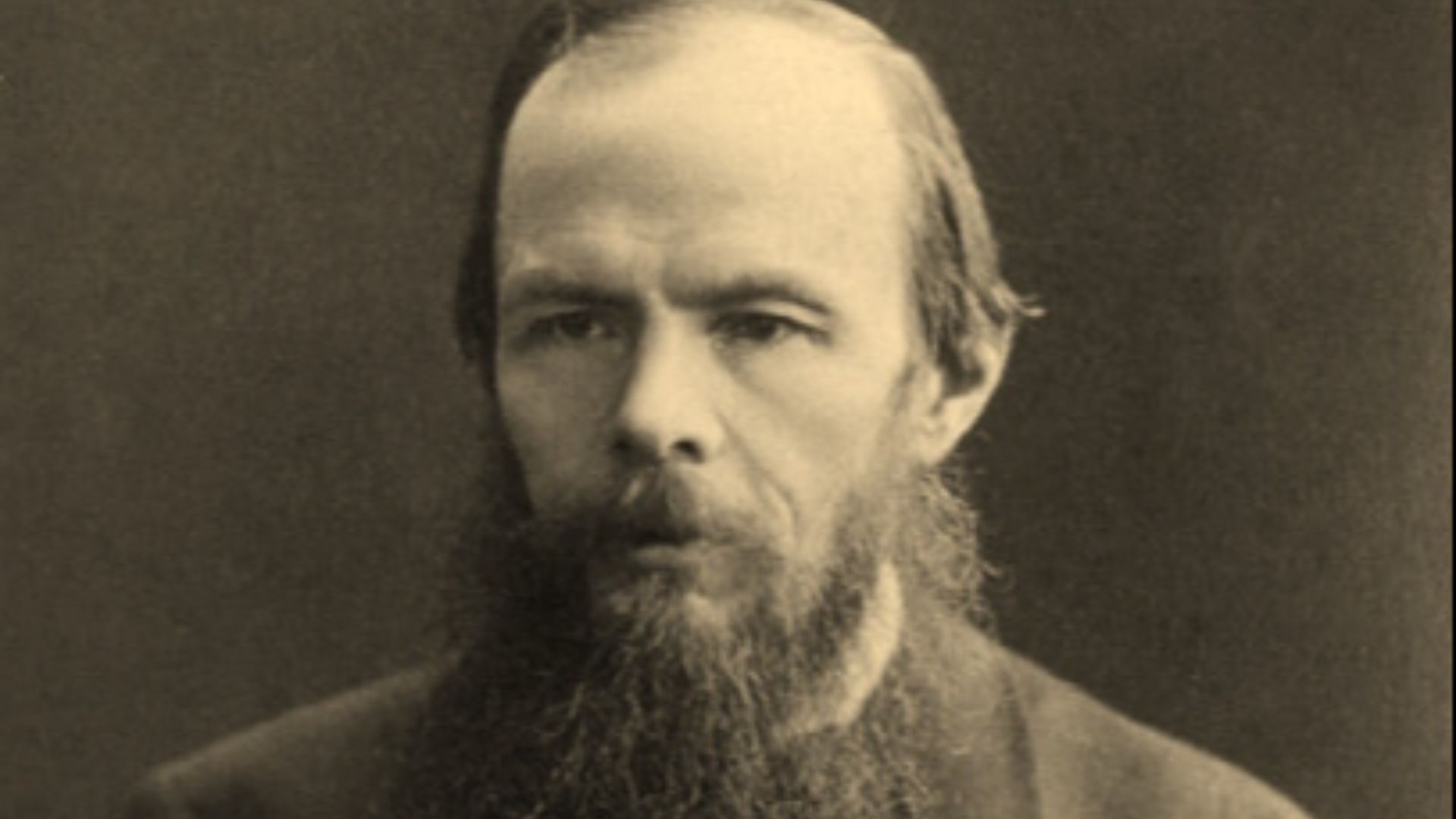 Constantin Shapiro on Wikimedia
Constantin Shapiro on Wikimedia
15. George Orwell
This English writer and journalist is best known for 1984 and Animal Farm, both of which explore the themes of totalitarianism and propaganda, serving as a cogent warning about the dystopian possibilities of unchecked state power and surveillance. His vision of political control continues to shape contemporary conversations about privacy and censorship.
16. Toni Morrison
The first African American to win the Nobel Prize in Literature, this novelist’s key works include Beloved, Song of Solomon, and The Bluest Eye. Her influential voice helped shape the conversation surrounding Black identity, history, and trauma, blending folklore and lyrical prose in a deeply personal exploration of history and community.
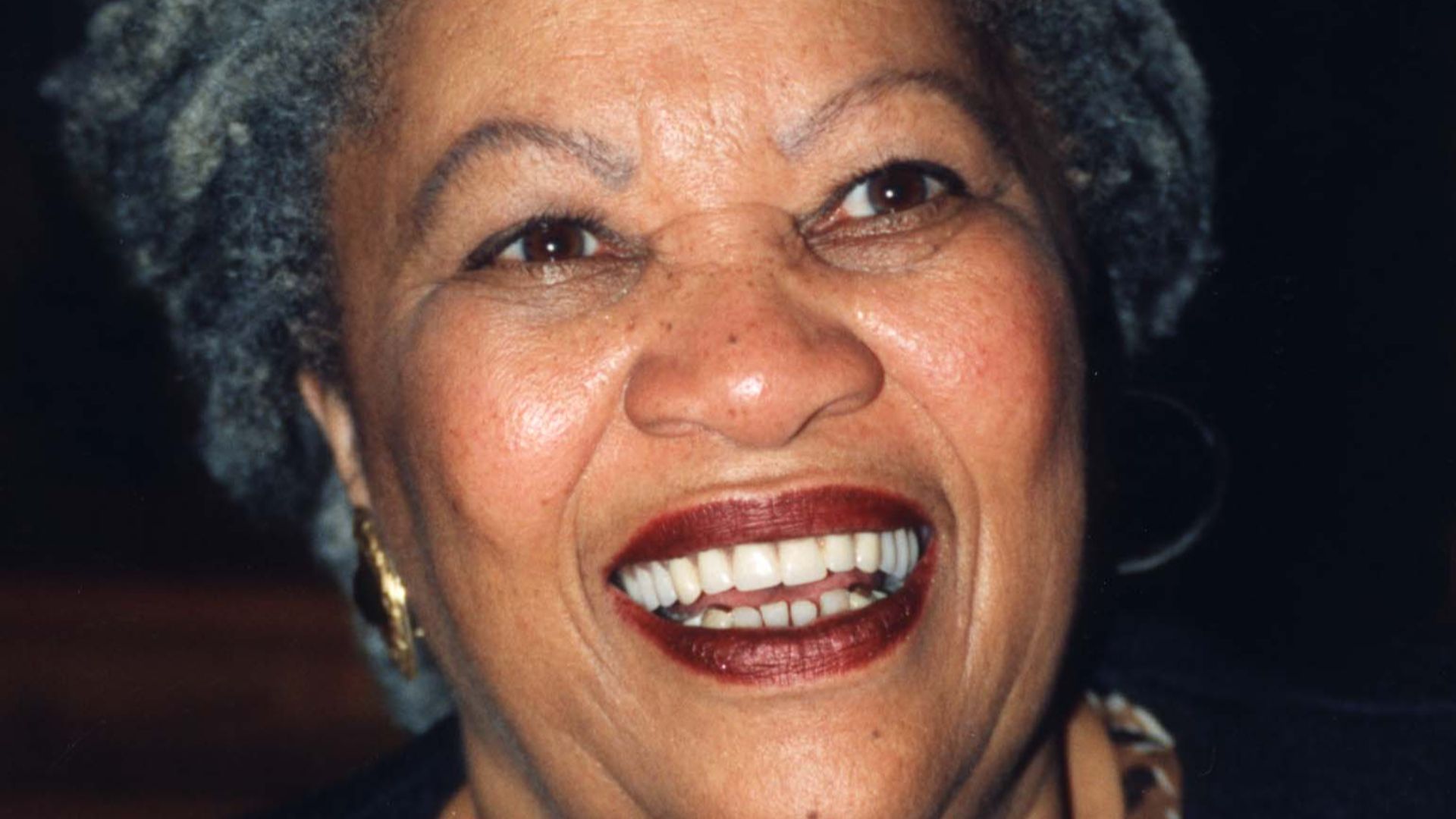 John Mathew Smith (celebrity-photos.com) on Wikimedia
John Mathew Smith (celebrity-photos.com) on Wikimedia
17. Haruki Murakami
Known for Norwegian Wood, Kafka on the Shore, and 1Q84, this contemporary Japanese novelist is known for blending magical realism with pop culture and surrealist prose. Within his explorations of loneliness, identity, and metaphysical mysteries, he expertly weaves Western literary influences with Japanese tradition.
18. Herman Melville
An American novelist and poet best known for Moby-Dick, Melville explored themes of obsession, nature, and the human condition. Initially underappreciated during his lifetime, his magnum opus was later recognized as a classic for its complex narrative style, adventurous plot, and profound philosophical depth.
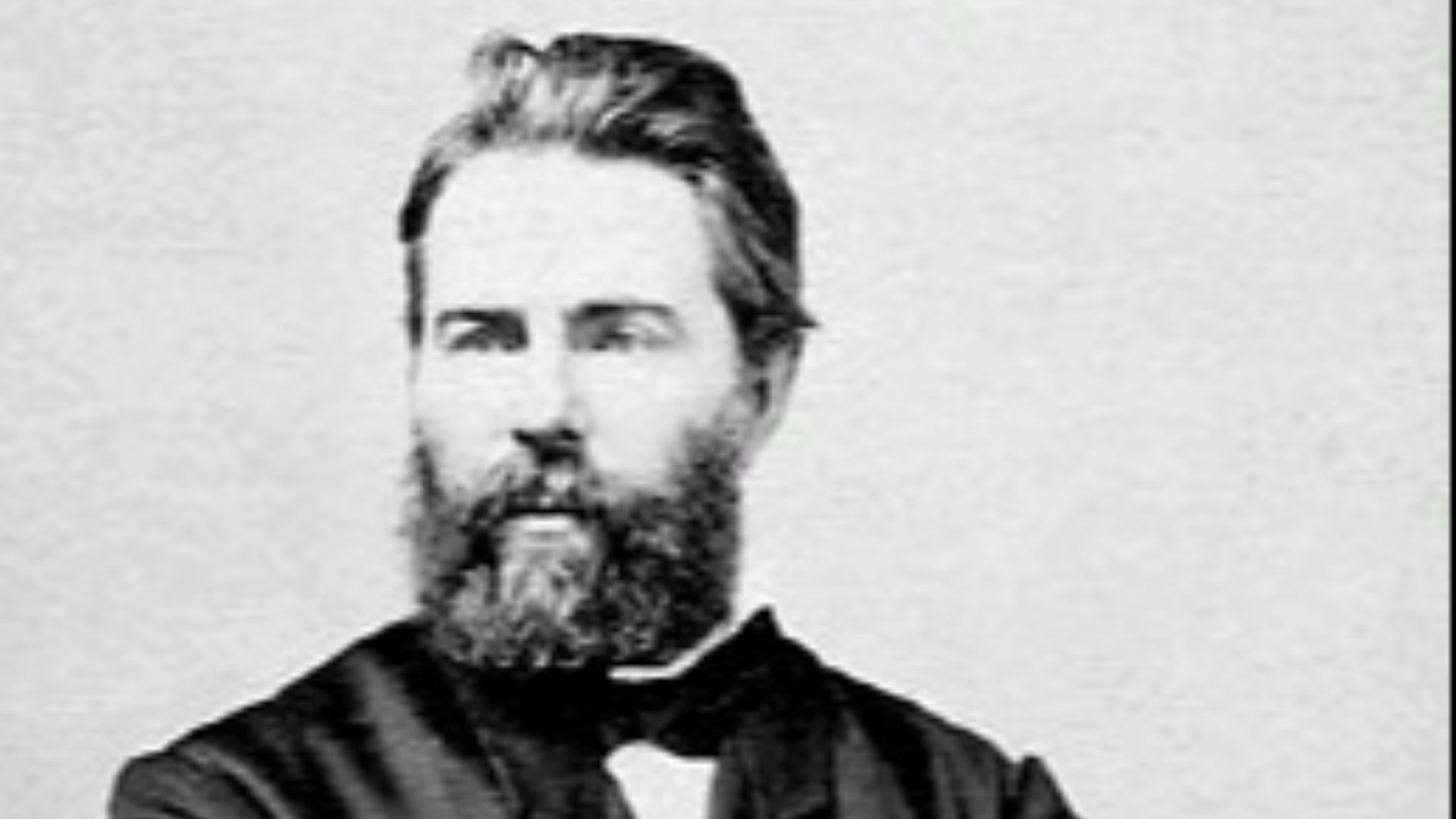 Unknown authorUnknown author on Wikimedia
Unknown authorUnknown author on Wikimedia
19. Albert Camus
A central figure in early absurdism and existentialist philosophy, this French-Algerian novelist is best known for The Stranger and The Plague. With their rich philosophical depth and clear prose, his works explored themes of meaninglessness, rebellion, and humanism, cementing his role in shaping the modern conversation around the human search for meaning in an indifferent, chaotic universe.
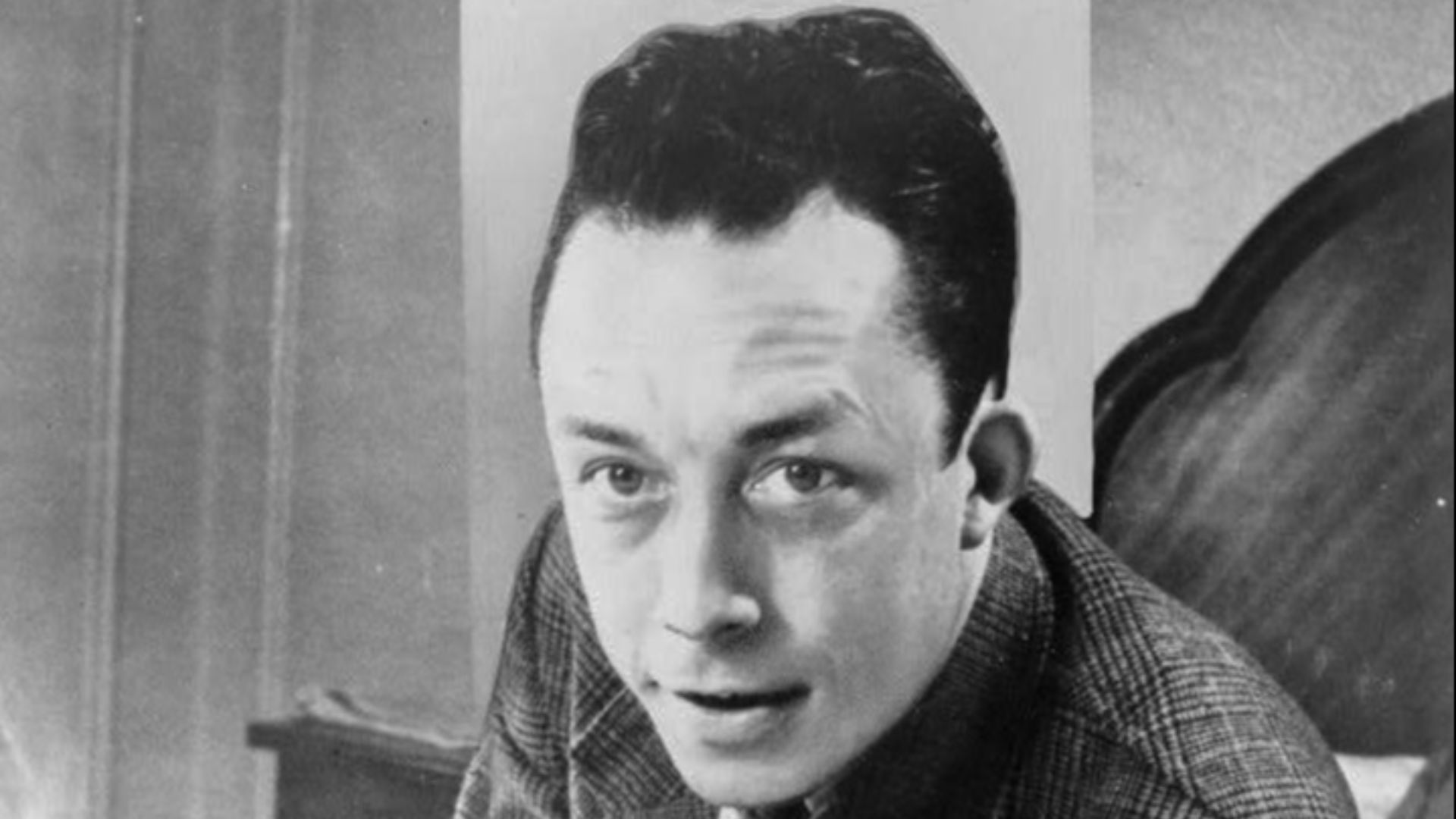 Photograph by United Press International on Wikimedia
Photograph by United Press International on Wikimedia
20. Virgil
A towering figure of ancient Roman literature, Virgil is best known for The Aeneid, an epic poem that shaped the identity and mythology of the Roman Empire with its philosophical depth. His works blended Greek epic tradition with Roman values, influencing literature, politics, and art centuries after his death.
KEEP ON READING
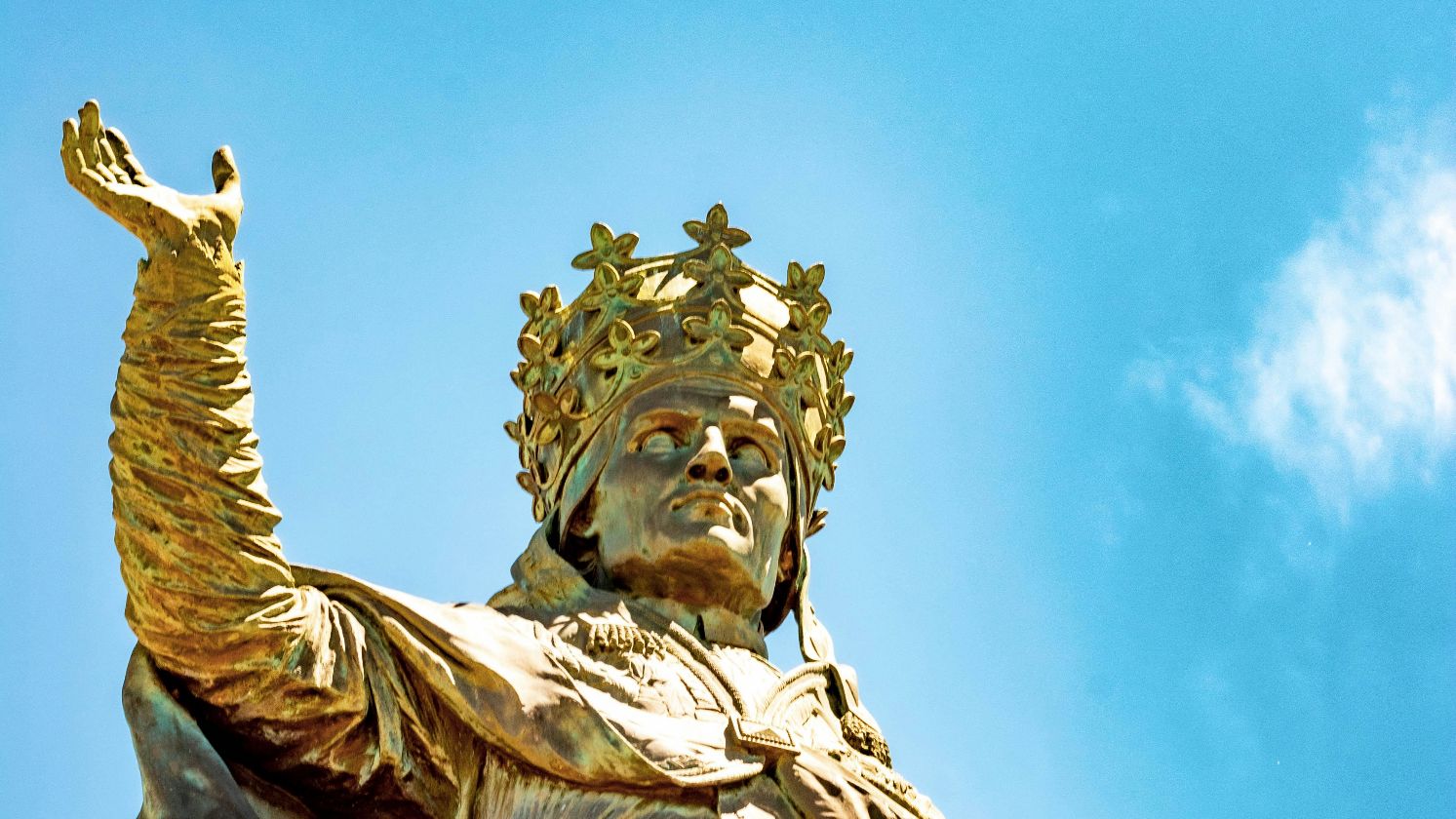
Remembering Pope Stephen VI, The Guy Who Made A Cadaver…
A Godly Man With A Grudge. Jean-Paul Laurens on WikimediaYou…
By Ashley Bast Oct 31, 2025
10 Countries With The Longest Histories & 10 With The…
From Ancient Empires To Newborn Nations. It doesn't have to…
By Emilie Richardson-Dupuis Oct 30, 2025
20 Facts About Paganism
To Celebrate Life Itself. Paganism has existed for thousands of…
By Breanna Schnurr Oct 29, 2025
Lost at Sea: 20 Most Famous Shipwrecks in History
Ghosts, Legends, and the Lure of the Deep. There’s something…
By Cameron Dick Oct 29, 2025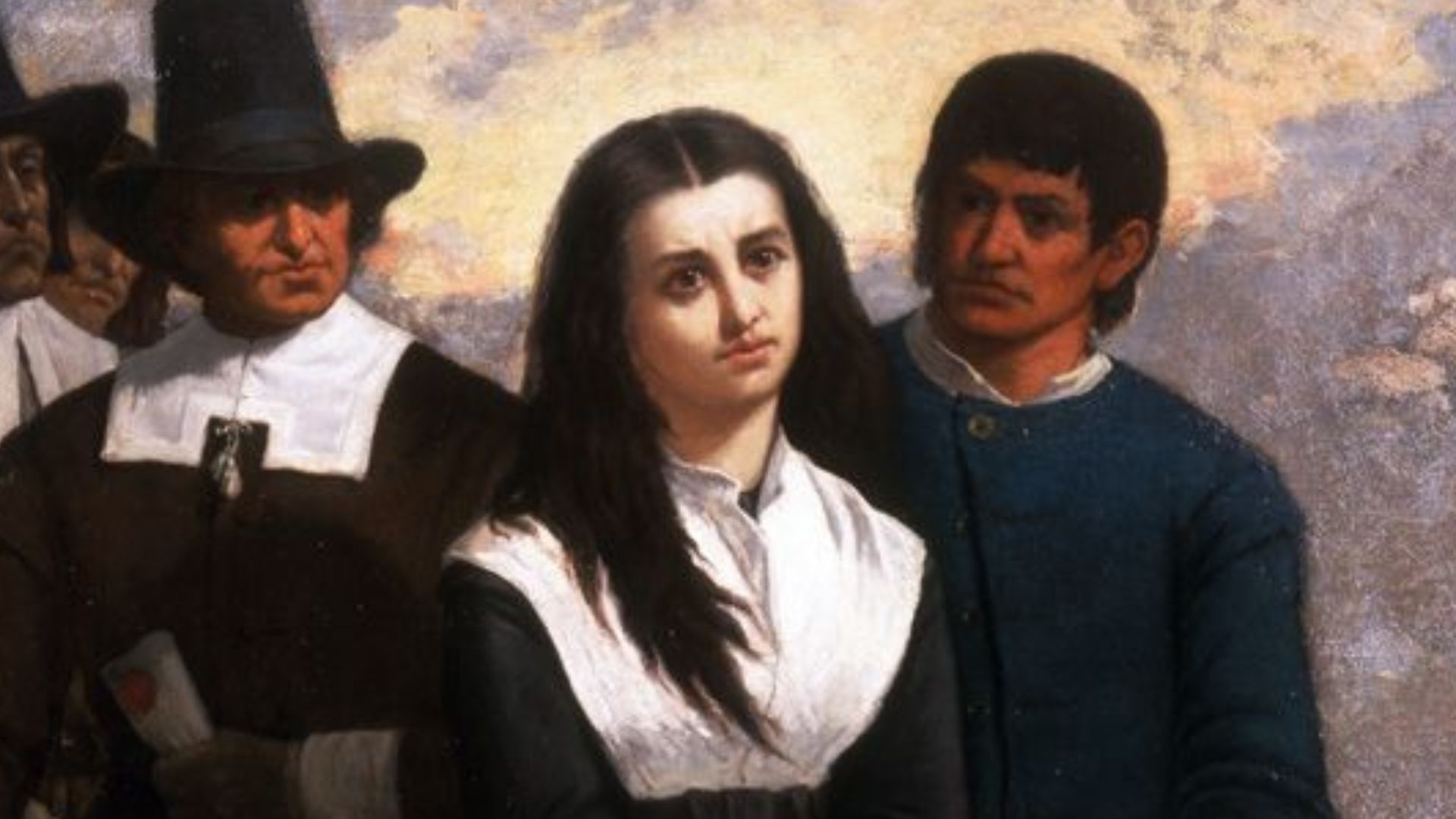
10 Myths About The Salem Witch Trials & 10 Truths
Separating Fact From Fiction. You probably think you know more…
By Ashley Bast Oct 29, 2025
20 Heroes and Villains of The French Revolution
Charlotte Corday Was a Hero of the French Revolution. The…
By Rob Shapiro Oct 29, 2025

